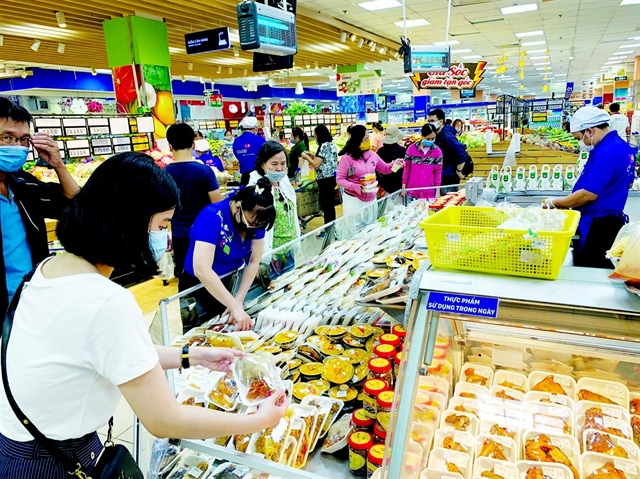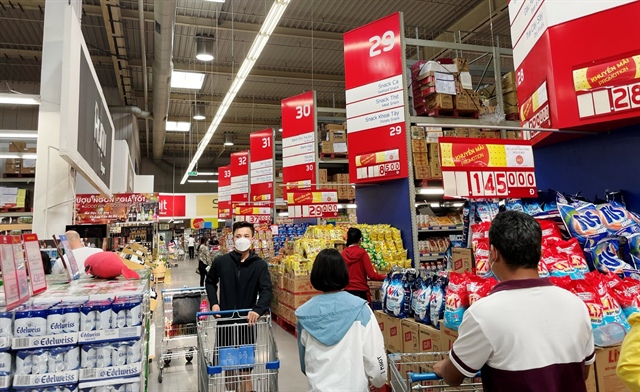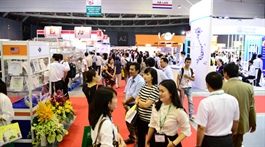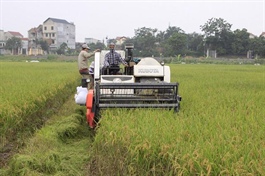Foreign investors expand retail industry
Foreign investors expand retail industry
Many foreign retail groups have announced plans to expand their investment in supermarket chains and convenience stores in Vietnam.
Attracting top investors
With the coronavirus pandemic under control, domestic and foreign retailers are expanding distribution systems and restructuring their brand identity in order to develop sustainably and better serve Vietnamese producers, businesses and consumers.
|
In early 2022, Aeon Vietnam put into operation the Aeon MaxValu supermarket chain of small and medium stores for urban centers, recording an average growth of 5-10 percent in the first half of 2022.
According to Furusawa Yasuyuki, General Director of AEON Vietnam, the Vietnamese market has attracted most of the famous retail brands from Japan. This was attributed to a market of nearly 100 million with a fast-growing middle class willing to spend on high-quality products.
A recent report by the Japan External Trade Organization (JETRO) showed that about 55 percent of Japanese enterprises want to expand their business in Vietnam. Of those, nearly 60 percent are interested in retail and services.
Chief Executive Officer of Central Retail Vietnam, Olivier Langlet, said that in the next five years, the group will invest an additional VND20 trillion in the Vietnamese retail market. Over the past 10 years, the group’s annual sales grew to exceed VND25 trillion, accounting for 22 percent of Central Retail’s total revenue.
The Vietnamese THACO auto group has acquired the South Korean Emart hypermarket and embarked on expanding it into a chain. According to Chun Byung Ki, General Director of THISO Retail (a member of THACO), two Emart supermarkets will be opened this year in Ho Chi Minh City’s Thu Duc City and Go Vap District. In the next five years, the company plans to open 20 more supermarkets to obtain a revenue target of US$1 billion by 2026.

Vietnam’s retail market has become increasingly active |
Changed business strategy
In 2022, a growing amount of investment inflows have gradually shifted to the retail industry.
Peter Christou, commercial director of Kantar Worldpanel Vietnam (under Kantar Group) noted that consumers have gradually switched from traditional markets to mini supermarkets and convenience stores, which meet most of their needs, including fresh food. He added, however, that to make consumers’ shopping experience more convenient, the points of sale also have to refresh themselves.
Retail enterprises are also looking to the omni-channel sales strategy to build a solid foundation for future development when consumers become used to buying goods via e-commerce channels. The omni-channel approach has become a suitable strategy to ensure a constant business presence and provide an uninterrupted shopping experience for customers. “In the long term, Vietnam’s retail market is also driven by other factors as it’s a country of nearly 100 million people, being ranked among the countries with the strongest middle class in the past decade, and is becoming an attractive destination for many foreign investors,” Olivier Langlet emphasized.
| Vivek Kaul, CBRE Head of Retail for Asia: Vietnam remains the top target market that retailers want to survey to expand their business. |
























